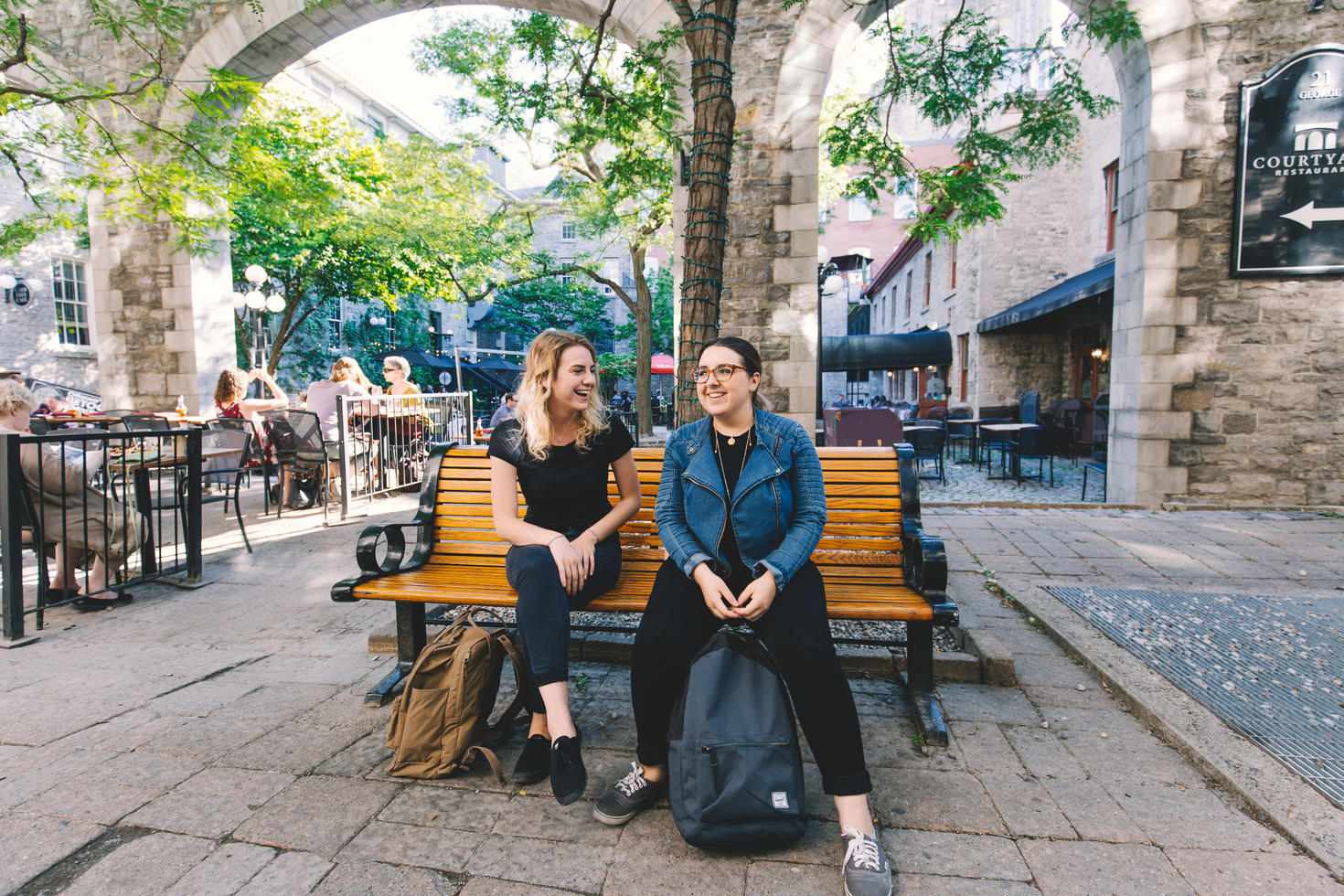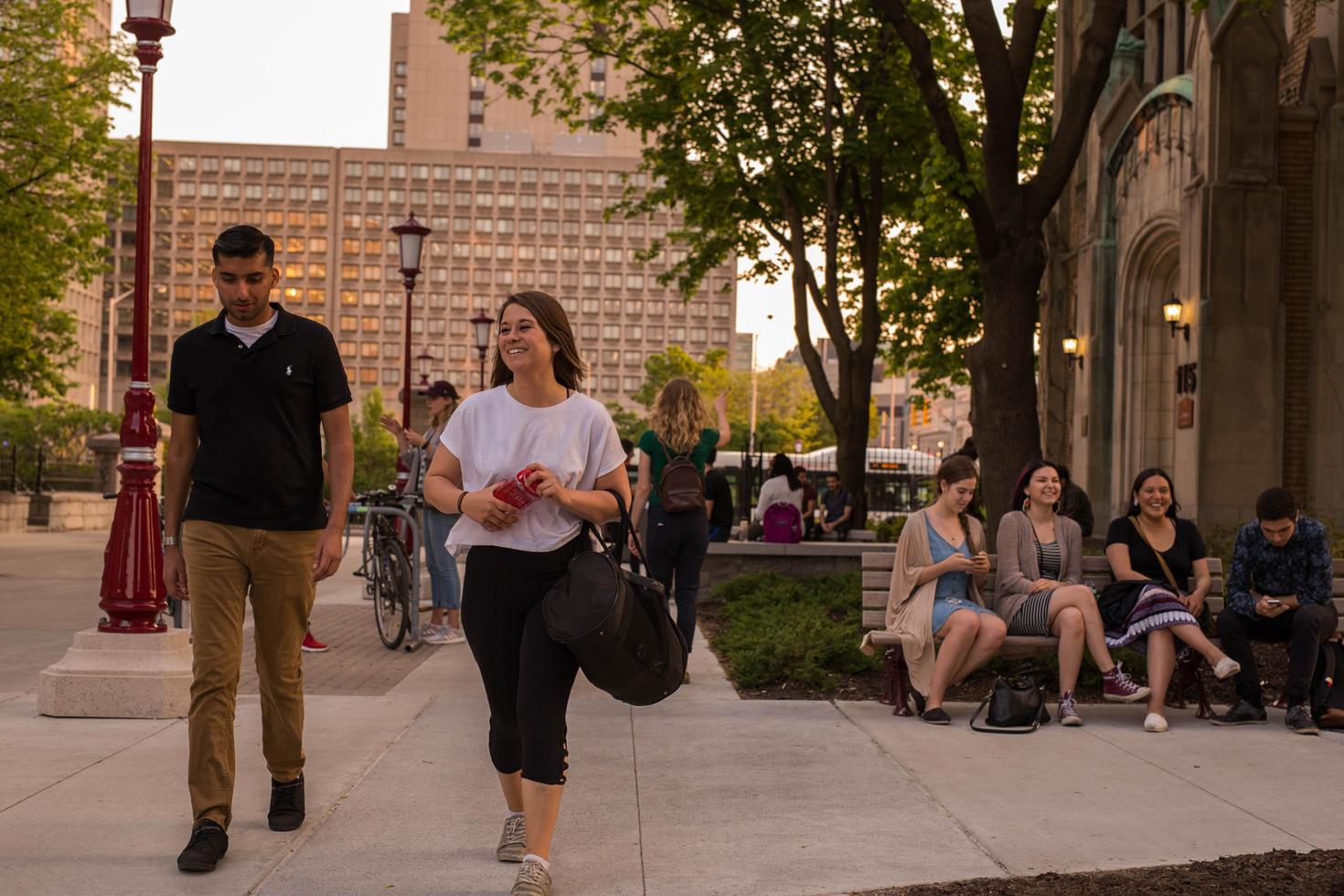General literature classes might include:
Literature, Madness, and Desire (2133)
Study of the literary representation of mental illness, trauma, sex, and desire through a psychological perspective, exploring the history of literature’s imagined effects on what we have variously called the psyche, soul, or self.
Comic Books and Graphic Novels (2118)
An introduction to the history of comic books and graphic novels, as they have evolved to mix pop-cultural media with serious artistic ambitions, text and image, the narrative and the visual, individual authorship and collaboration.
Politics of Literature (2137)
A study of the engagements between politics and literature, which may include both the political ends of literature for writers and readers (liberation, protest, radicalism, polemic, persuasion, propaganda) and the influence of politics on literary practices (patronage, censorship, copyright and libel laws, interest, ideology).
Some recent second-year seminars:
ENG 2124: Literature, Media, and Technology
This skill-building class will focus on contemporary fiction and one nineteenth-century novel that take media and technology as a key concern and organizing principle. We will use our fiction as a launching pad for a wide-ranging examination of how literature engages with the new technologies and dominant media of its age. How do texts not just reflect the technological innovations of their age, but provide us with ways to understand those technologies and their effect on us as individuals and as a society? Over the course of our readings, we will analyze the formal features of a literary text (genre, voice, narration, point of view, tropes), and consider the significance of its social-historical context (major social issues and political events, the author’s life, cultural contexts, literary intertexts).
Primary Texts:
Jennifer Egan, A Visit from the Goon Squad
Patricia Lockwood, No One is Talking About This
Bram Stoker, Dracula
Colson Whitehead, The Intuitionist
ENG 2124: Literatures of Epidemic
2020 and 2021 were years unlike any in living memory as COVID-19 forced us away from our campus communities and routines. As unprecedented as these events were in our lifetime, English literature has a long and rich history of engaging with global pandemics. This class will explore representations of infectious disease from 1722 to the present in poetry, autobiographical writing, theatre, short stories, and the novel. Why are apocalyptic narratives so compelling? In what ways do pandemics spark conspiracy theories and fan the flames of prejudice? How will our current crisis change how metaphors of contagion and pestilence inform our work, travel, and social interactions? What does it mean to engage with literature in order to imagine or even fantasize about the breakdown of “modern society”? Our class discussions and a series of short assignments will develop your skills in close reading, argumentation, and engaging with literary criticism and theory. This work will prepare each student to write an excellent final essay; the writing process will include personalized feedback from the professor and hands-on guidance through a careful process of revision.
Primary Texts:
Daniel Defoe, A Journal of the Plague Year (1722)
Tony Kushner, Angels in America (1992)
Max Brooks, World War Z (2006)
Emily St John Mandel, Station Eleven (2014)
Michael Salcman (Ed.), Poetry in Medicine Anthology (2015)
Some recent fourth-year seminars:
ENG 4175: Our Zombies, Ourselves: Ideologies of the Undead.
My running list of zombie films, television series, and books currently exceeds 600 titles. Other than Antartica, every continent is represented. The zombie transcends traditional divisions between high and low art, niche markets and popular culture. There are zombie romances, zombie comedies, zombie satires, zombie gothics, zombie bildungromans, and zombie tragedies. There is a camp outside London, Ontario where, for $2000, participants can spend a week training for a zombie attack. The zombie outbreak has emerged as a recurrent paradigm in international relations as a way of modelling governmental networks and their breakdown. A book on the mathematical modelling of zombie contagion has become a runaway bestseller (by math book standards).
The zombie currently occupies our social imaginary in a way unlike anything else. The mainstream plot of social collapse by way of zombie pandemic (ie. ‘the zombie apocalypse’) is unquestionably the dominant cultural narrative of our age. This course will explore the social, economic and cultural factors contributing to the zombie story’s own virus-like spread across global culture. It will also investigate the specific ideological implications—the meaning(s)—of the zombie as ontological subject (its being) and of the zombie narrative as social fantasy.
Primary Texts:
Novels:
Colson Whitehead, Zone One
Joan Frances Turner, Dust
Max Brooks, World War Z
Robert Kirkman, Tony More, Charles Adlard, The Walking Dead (comic)
M.R. Carey, The Girl with All the Gifts
Alden Bell, The Reapers are the Angels
Films:
George Romero, Night of the Living Dead
Danny Boyle, 28 Days Later
Bruce McDonald, Pontypool
George Levine, Warm Bodies.











